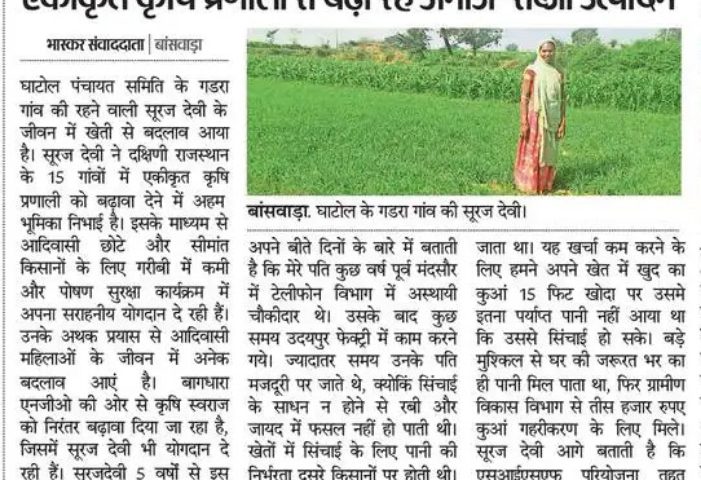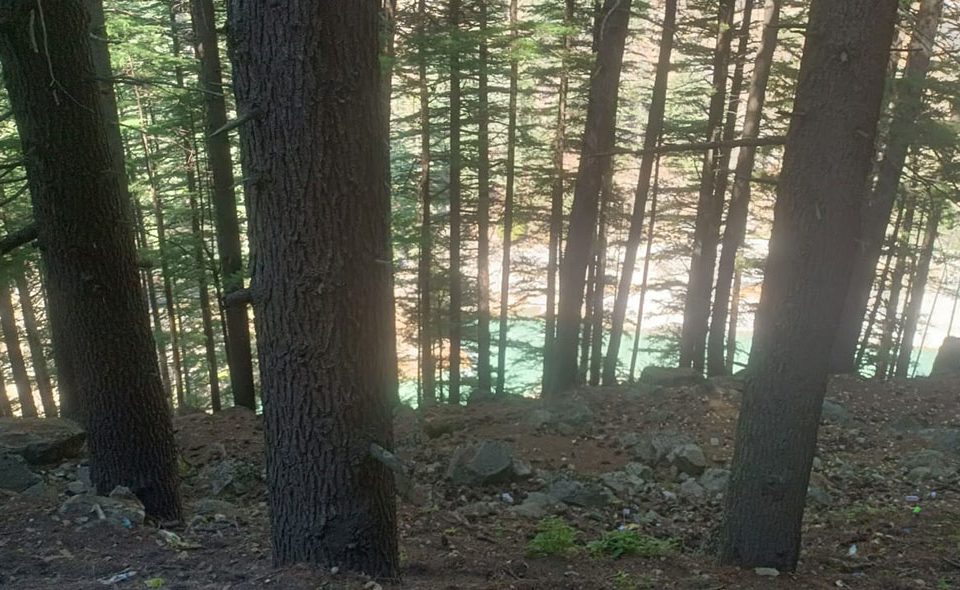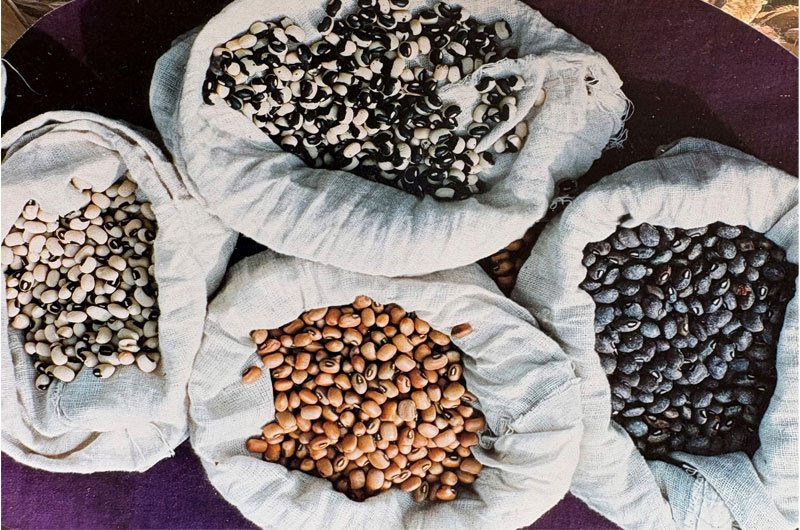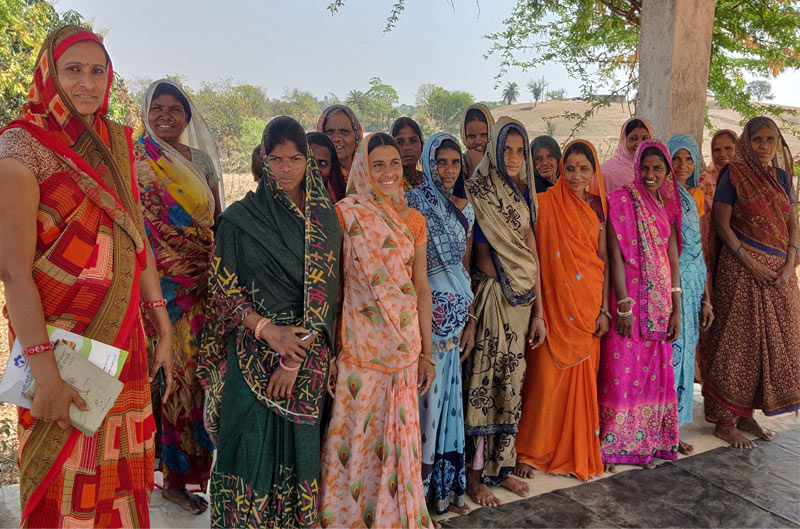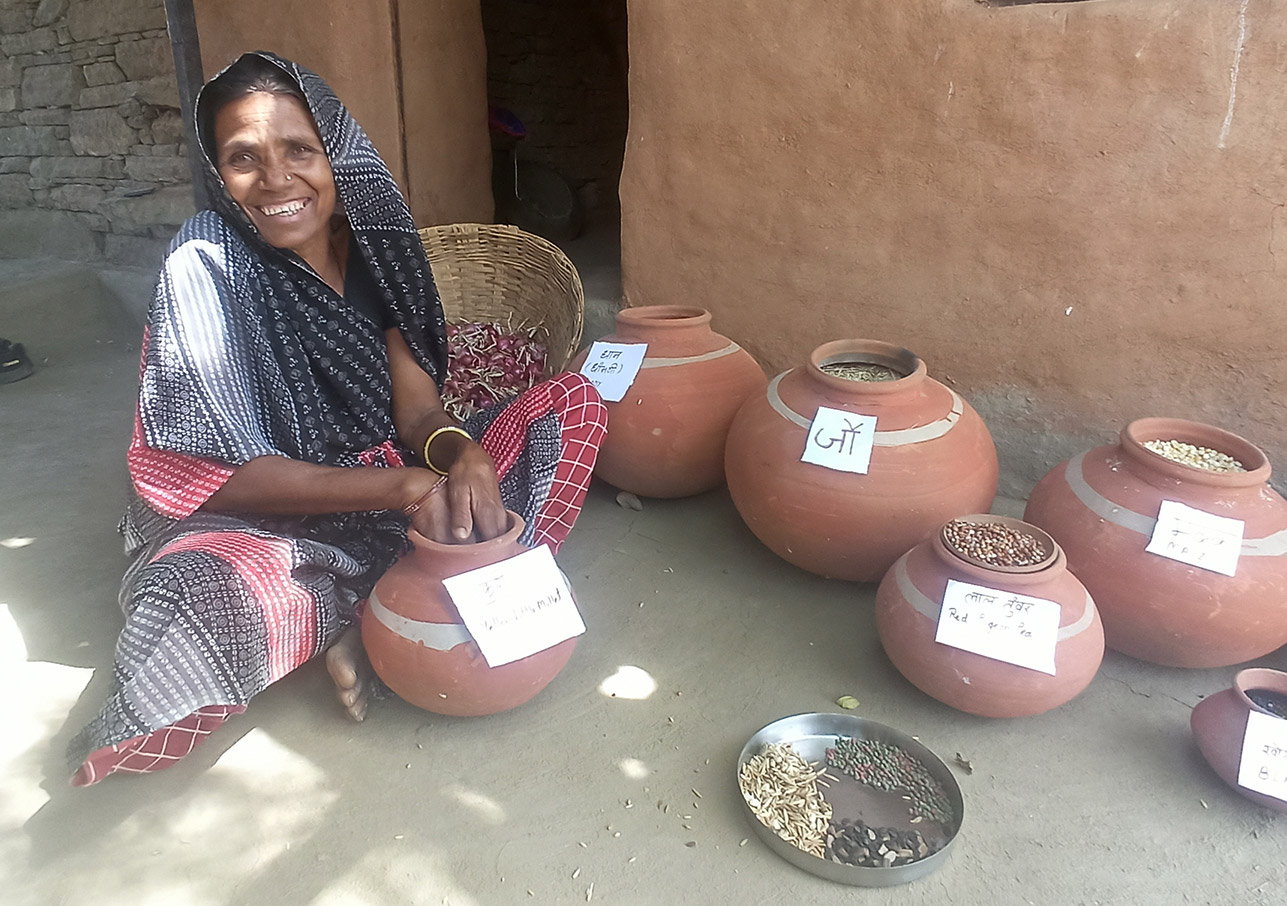
Traditional methods of Preservation of Kharif seeds at family and community level
December 18, 2023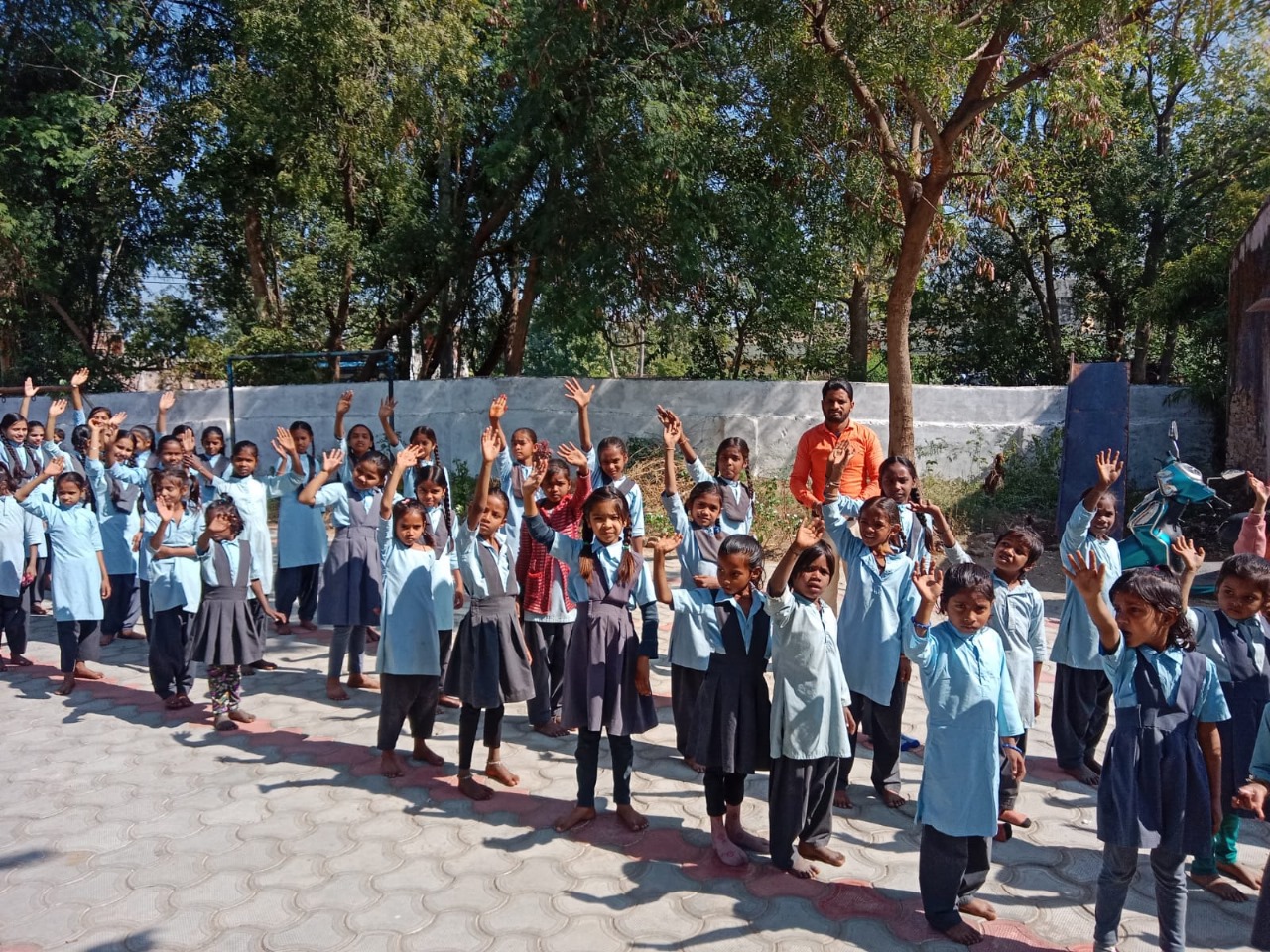
National Girl Child Day Celebrated in 1041 Villages
January 24, 2024Vaagdhara is actively working for the revival of agricultural Swaraj through creating awareness and building ownership within the community in all 1041 villages of the tribal area of Tri-Junction Rajasthan, Madhya Pradesh and Gujarat states. Through the organisation's continuous efforts to improve the income of tribal families, reduce the dependency on the market, and motivate them to become self-reliant, social and economic changes are apparent in the lives of tribal farmers. This initiative is led by the village level women farmer's institution which is called “SAKSHAM SAMOOH”.
The Saksham Samooh is formed with the following objectives:
- Increasing agricultural production through true farming following traditional methods and integrated farming system.
- Solving agriculture-related problems in the village
- Promoting traditional farming
- Enhancing livelihoods by maximising the use of local resources in the village
- Market-based reduction of households
- Spreading awareness on sustainable farming practices, e.g. planting nutritious gardens and multi-purpose saplings in every home of the village.
Among these, we are talking about a Saksham Samooh whose members are transforming their livelihoods through traditional agricultural practices, and setting a model for the village by reviving Krishi Swaraj. In the Ghatol block, the Women Farmers Saksham Samooh was established in Gadara village (Japapada) five years ago. Women of the village got connected through the Samooh and started holding regular meetings. This also led to Suraj Devi, a woman from the village, getting associated with the Saksham Samooh facilitated by the organisation and attending the monthly meetings regularly. Her life was changed when she received information about various interventions of SIFS (Sustainable Integrated Farming System) components through the Samooh.
The Saksham Samooh provides answers to questions such as "How can the costs of agriculture be lowered and dependence on the market reduced?", "How can self-reliance through traditional agriculture be increased?" or "How to implement Krishi Swaraj?" and is based on the Sawaraj key principle of "doing and learning". This is based on the fact that most households already have the means for sustainable agriculture, they just need to learn how to use them. So can most of the materials used in the fields be found at home, and food and oil spices produced on the farm can be eaten at home and sold at the market. The approach and its practices will spread to the rest of the community through the so-called learning effect.
An example of this was the case of Suraj Devi, a resident of the village of Gadra. Suraj Devi farms together with her husband Punia. However, she was often alone, as her husband was away from home most of the time for work. Due to a lack of irrigation facilities, they couldn't harvest crops continuously during Rabi and Zaid. They depended on other farmers to irrigate the fields and had to pay for the diesel pump. These amounted to ten to fifteen thousand rupees. The family's open well did not carry enough water due to its shallow depth and provided just enough to supply the house with water. As part of the SIFS program, aid was provided to deepen wells for irrigation. This changed the life of the family. By deepening their well, enough water got into the well and irrigation is now possible at a lower cost. Now the family can sow the Zaid Moong crop along with Rabi vegetables, wheat and maize. This ended their diesel pump costs and dependence on others for water. In addition, Suraj Devi learned how to make and use worm compost, bio-kit control medicines and preserving local seeds, which made a huge difference to their farming costs. Today, no one from the family has to migrate. Moreover, a resolution was added in the Gram Sabha as per the inspiration of Vaagdhara. By installing a drain near their farm, there were further benefits in irrigation and refilling of wells. According to Suraj Devi, the family had spent many years migrating due to ignorance and lack of awareness. The SAKSHAM Samooh and Vaagdhara offered her an alternative, even allowing her to set aside a savings amount to be used for her son's wedding. Today, Suraj Devi no longer has to accept interest money from anyone, is engaged in traditional integrating farming and uses her time wisely. In addition, she shares with other people how this program has made a big difference in her life, for which she thanks the organisation in particular.
According to Majid Khan from Vaagdhara, there has been a positive change in the livelihoods of the families who have been able to participate in the meetings through the SIFS program. The families no longer have to emigrate and can ensure their family's nutrition and food security through true agriculture at a local level. Due to the lack of awareness in the village, the members of the women's group provide information to the families who were excluded from the programmes at each monthly meeting, ensuring that they get in touch. The goal is to make the benefits of the programmes available to them as soon as possible and establish Krishi Swaraj in the entire village.
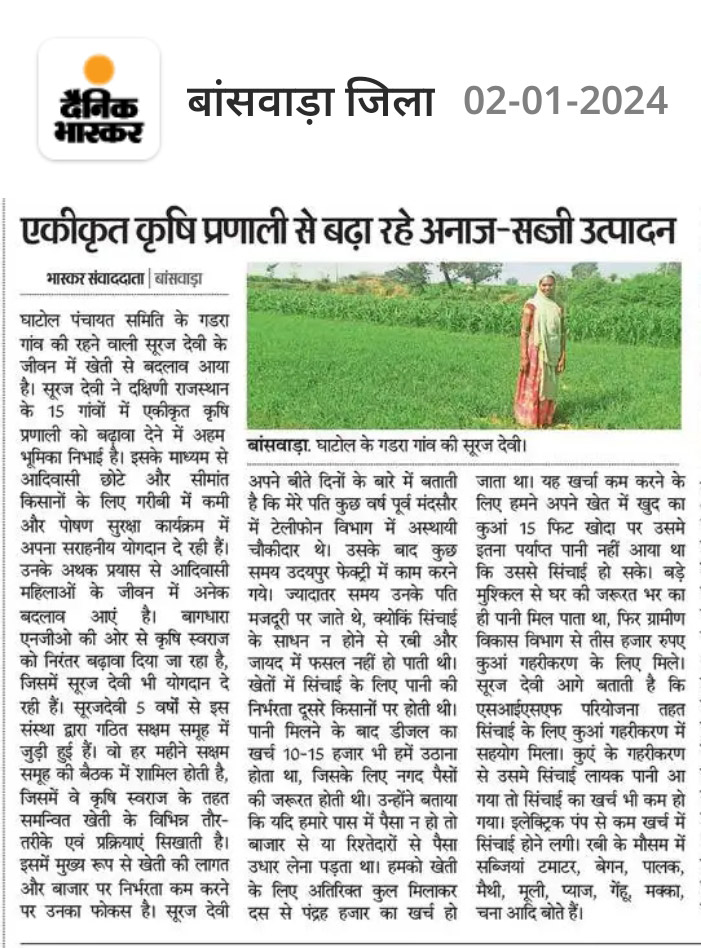
Subscribe to our newsletter!


